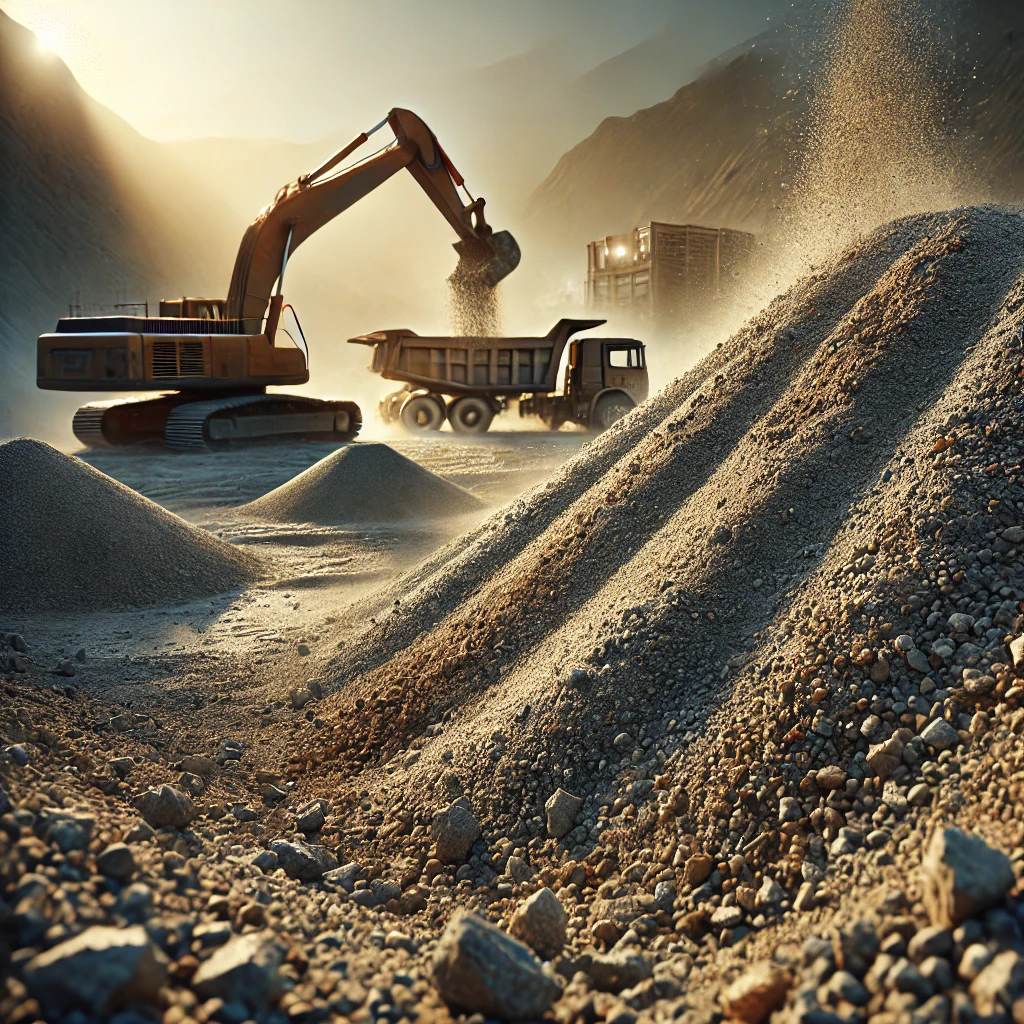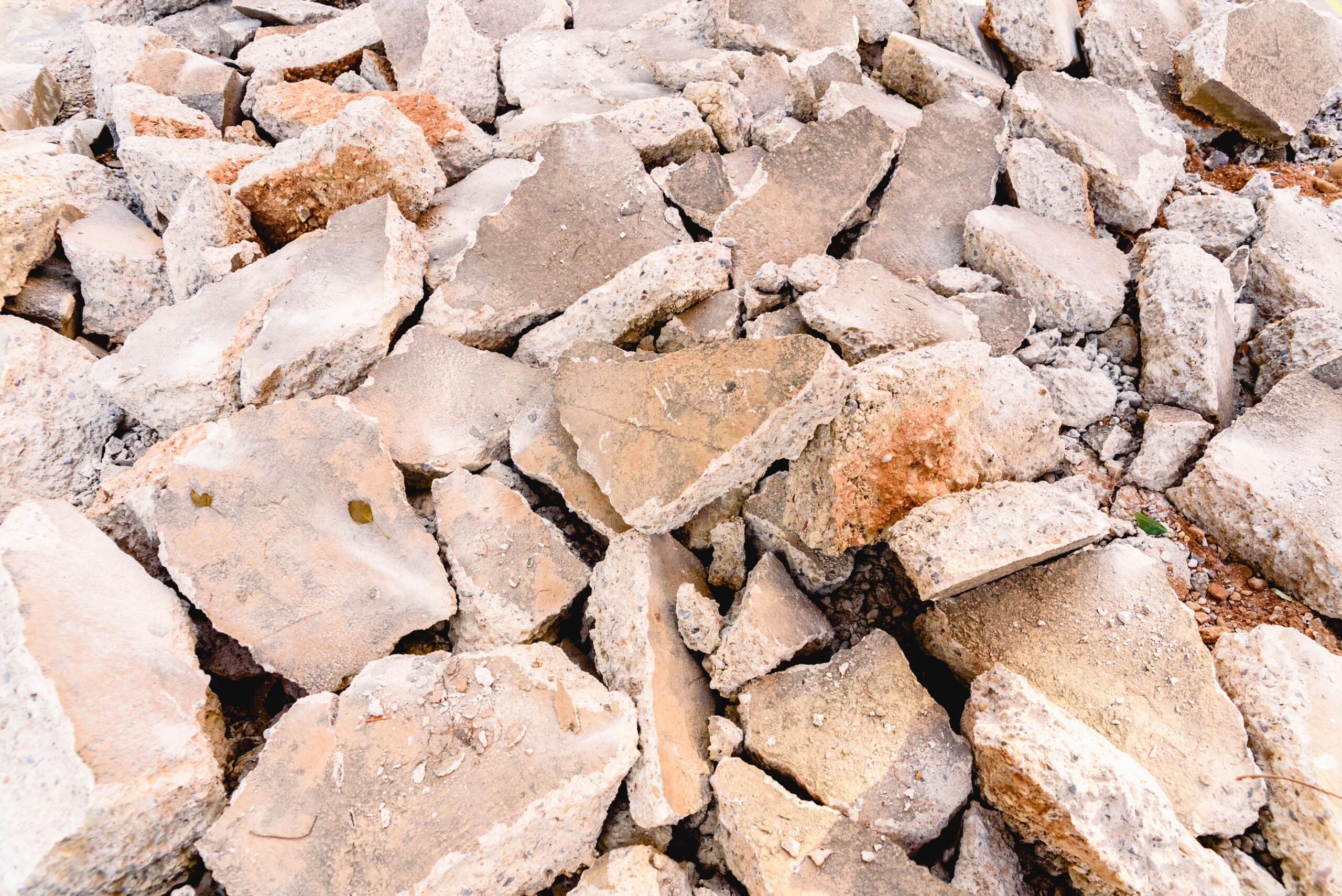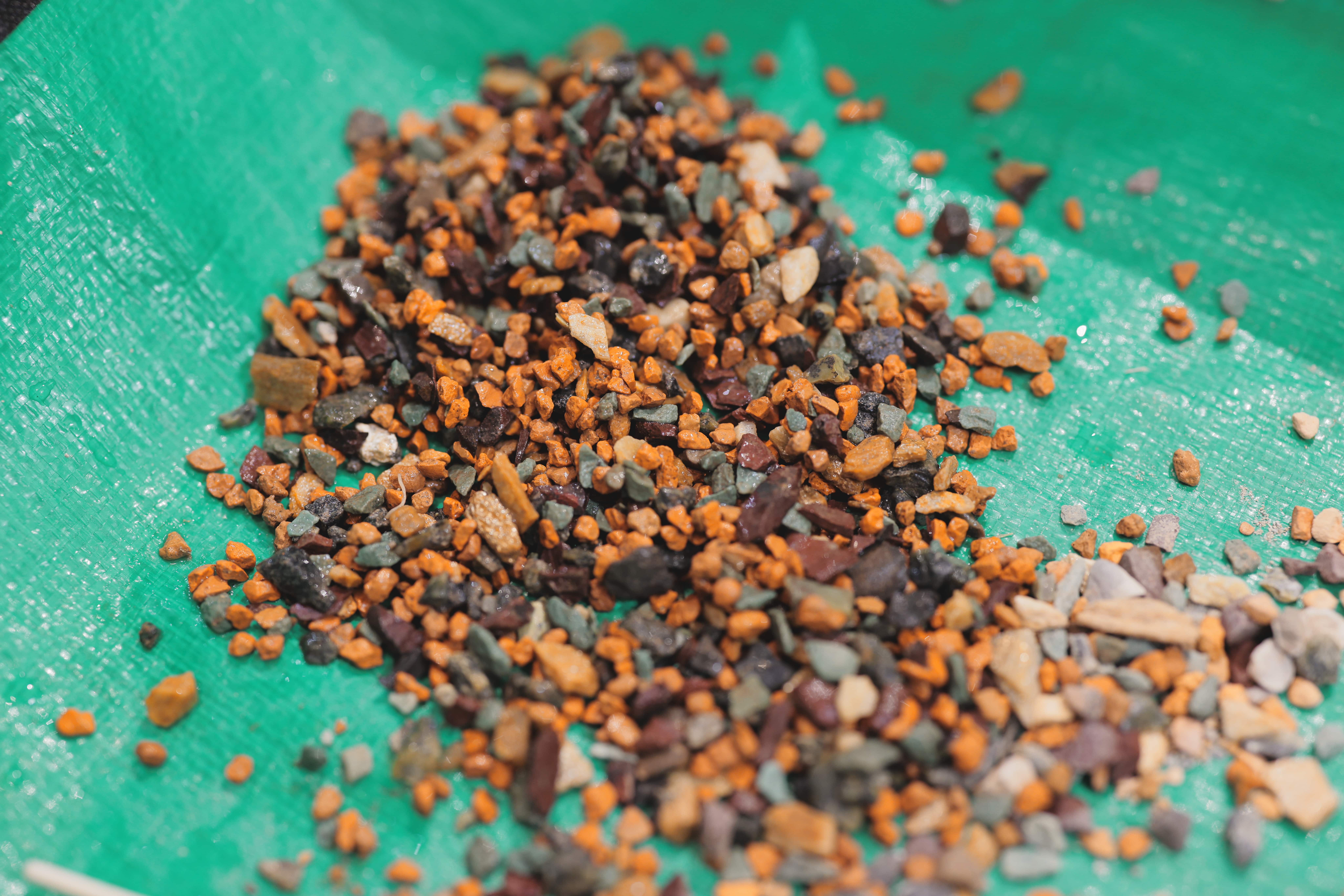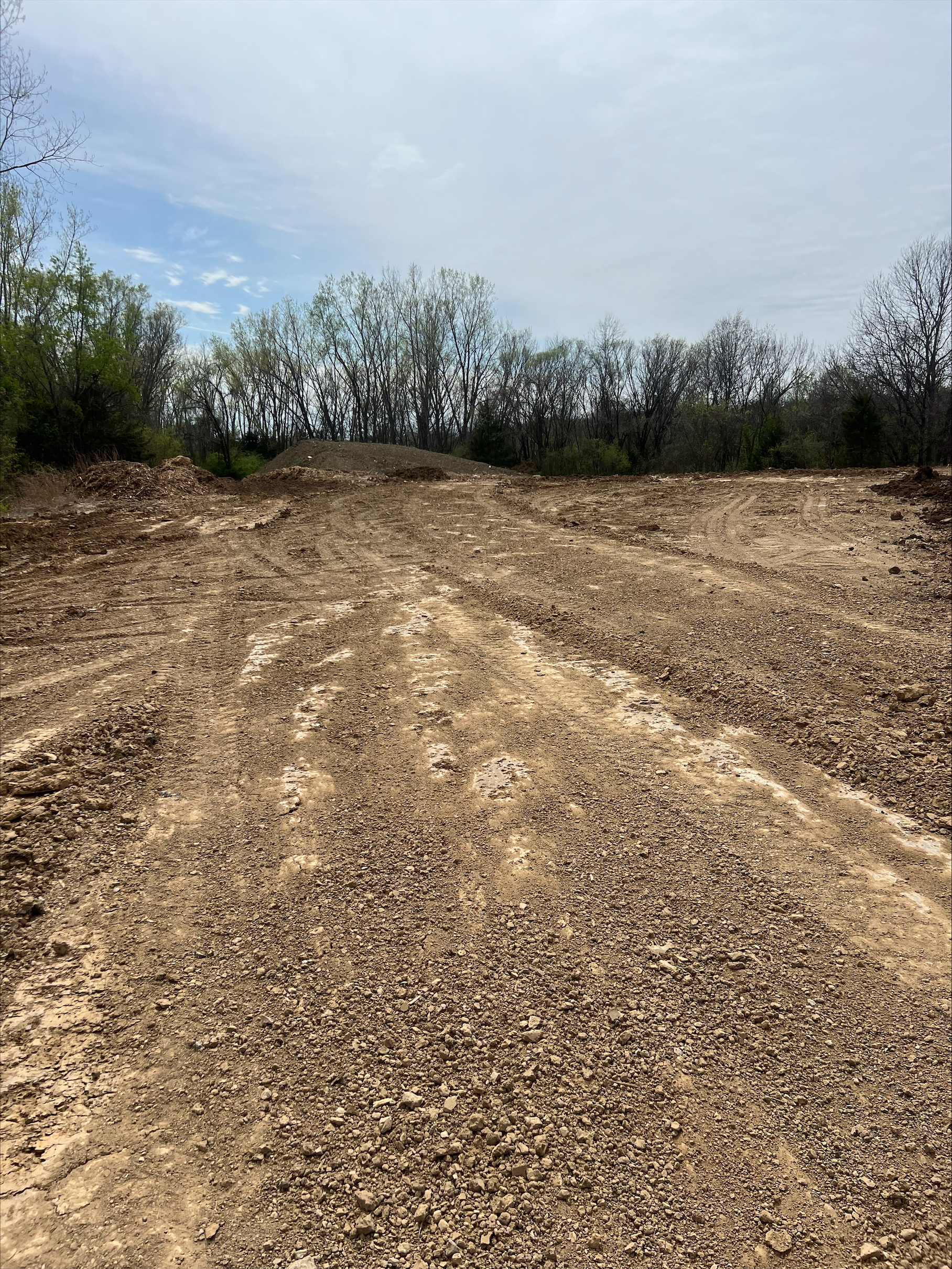Dealing with Compaction Issues in Select Fill for Philadelphia Projects
Compaction is a critical process in construction, especially when using select fill for infrastructure and building projects in Philadelphia. Proper compaction ensures that the soil or fill material achieves the necessary density to support structures, prevent settling, and enhance overall stability. However, many construction projects face issues related to inadequate or improper compaction, which can lead to costly structural failures and delays. Understanding the importance of compaction and learning how to avoid common mistakes can help ensure project success.
Why Compaction Matters
- Foundation Stability
- A well-compacted base provides a stable foundation for buildings, roads, and retaining walls.
- Poorly compacted fill can lead to uneven settling, causing cracks and structural damage.
- Load-Bearing Capacity
- Proper compaction increases soil density, allowing it to support heavy loads without shifting.
- Roads, parking lots, and commercial structures rely on compacted fill for durability and longevity.
- Erosion Control
- Compacted fill is less prone to erosion from wind and water.
- Ensures long-term stability for slopes, embankments, and retaining walls.
- Prevention of Moisture Issues
- Reduces water infiltration, which can cause soil expansion, contraction, and instability.
- Prevents frost heaving in colder months by limiting water retention in the fill material.
How to Avoid Common Compaction Problems
- Under-Compaction
- Problem: Not compacting fill material sufficiently can leave air pockets, leading to settlement over time.
- Solution: Always compact in layers (also called “lifts”) to ensure even and thorough compaction. Using the correct number of passes with the appropriate equipment helps achieve the required density.
- Over-Compaction
- Problem: Excessive compaction can cause the fill material to become too dense, reducing its ability to drain water properly.
- Solution: Follow engineering guidelines for compaction density to ensure that the soil remains stable without losing its drainage properties.
- Incorrect Moisture Content
- Problem: If the soil is too dry, it will not compact properly. If it is too wet, it can become unstable and weak.
- Solution: Maintain optimal moisture levels in the fill material. Sprinkling water on dry soil or allowing wet soil to dry out before compaction ensures proper density.
- Using the Wrong Equipment
- Problem: Different soil types require different compaction methods. Using the wrong equipment can lead to uneven compaction.
- Solution: Select the right compaction equipment based on soil type. Vibratory rollers work well for granular soils, while sheepsfoot rollers are best for cohesive soils like clay.
- Ignoring Lift Thickness
- Problem: Trying to compact thick layers of fill at once can result in only the top portion being properly compacted.
- Solution: Apply fill in thin, manageable lifts (typically 6-12 inches) and compact each layer before adding more material.
Sourcing Quality Select Fill in Philadelphia
To ensure proper compaction and stability, it is crucial to use high-quality select fill sourced from reliable suppliers. Borrow-Pit provides verified listings for select fill in the Philadelphia area, making it easy for contractors to find the right material for their projects. Check out current listings:
- 15,000 to 20,000 CY of Fill Dirt in Philadelphia, PA (Free)
- 15,000-20,000 CY of Good Clean Fill Dirt in Trevose, PA (Free)
Conclusion
Compaction issues can compromise the success of construction projects, leading to structural problems, increased costs, and project delays. By understanding why compaction matters and following best practices, contractors can avoid common mistakes and ensure the long-term stability of their projects. Using high-quality select fill from trusted sources like Borrow-Pit.com will further enhance project efficiency and success.




